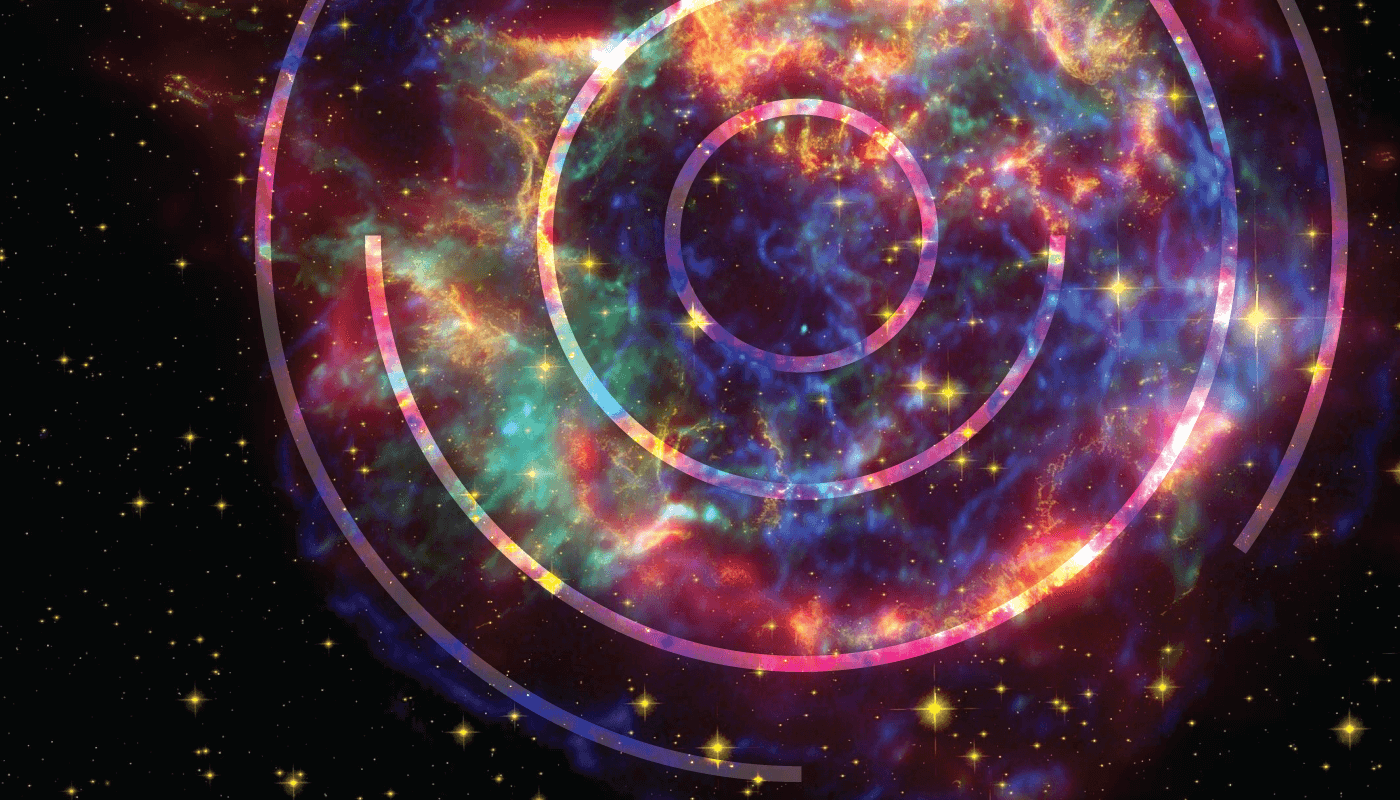Our solar system has been traveling through the local interstellar cloud (LIC) for the last few thousand years – but where did the LIC come from?
To plumb the depths of the mystery, researchers at the Australian National University Heavy Ion Accelerator Facility used accelerator MS to analyze deep-sea sediment samples spanning the last 33,000 years (1). They found that iron-60 – a radionuclide formed by exploding stars – was present throughout the samples, but at a low concentration and with no discernible change in the pattern over time.
More research is needed, but this discovery offers an early indication that the LIC did not arise from a single, recent, nearby supernova. In fact, its iron-60 dust particles could represent “echoes” of numerous other star explosions millions of years old.

References
- A Wallner et al., PNAS, 117, 21873 (2020). DOI: 10.1073/pnas.1916769117
